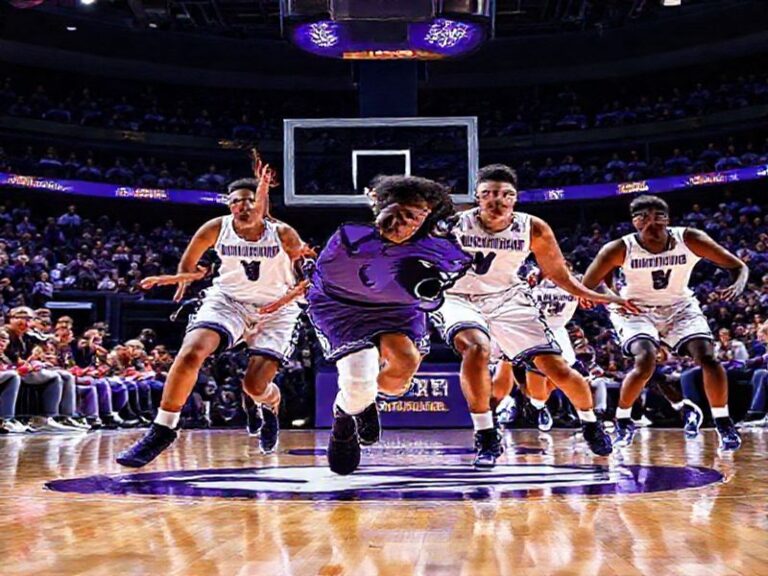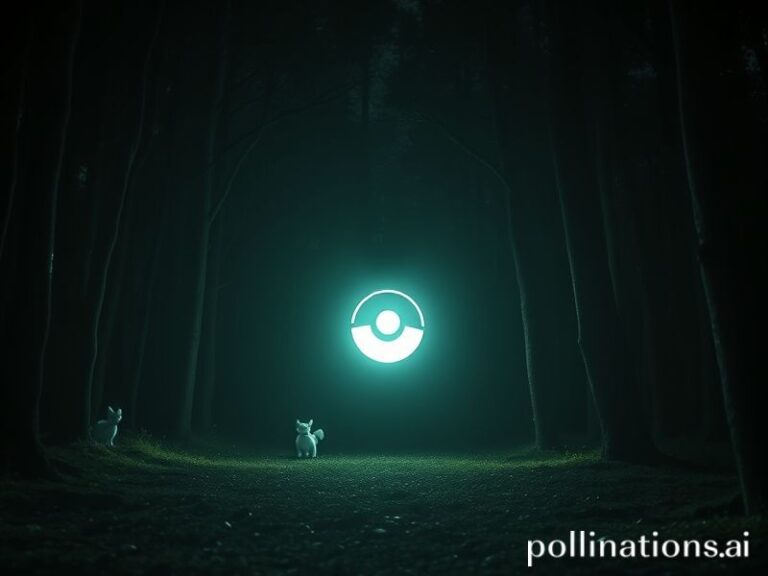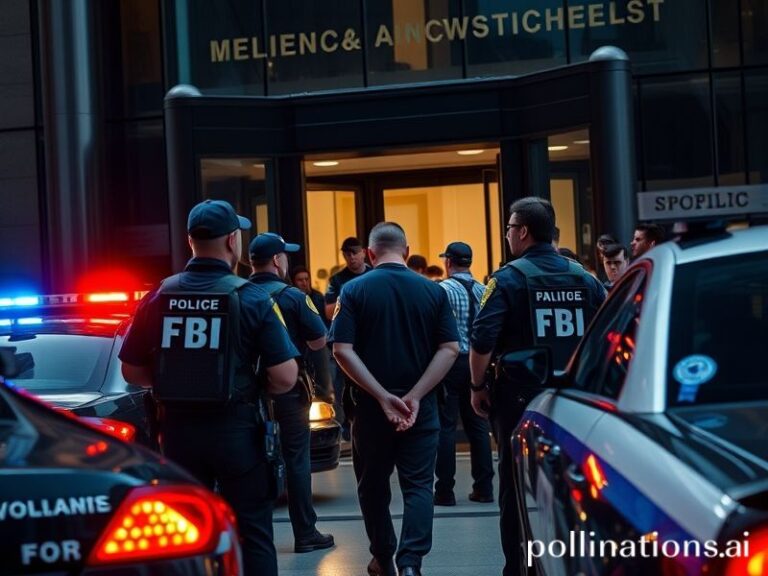Fantasy Premier League: How 11 Million People Accidentally Built a Global Shadow Economy
The Beautiful Game’s Ugly Cousin: Why the Whole World Is Now a Fantasy Premier League Colony
By Our Man in the Ether
Somewhere between the collapse of the post-war order and the rise of oat-milk lattes, the Premier League stopped being a mere English pastime and became the planet’s largest secular religion. The liturgy is delivered in 200 languages, the high priests wear neon boots, and the collection plate is passed not in pews but on Wi-Fi. Which is how a spreadsheet dressed up as a football league—Fantasy Premier League—now enjoys a congregation larger than the population of Australia, including, according to unverifiable Twitter braggarts, at least two Taliban commanders who swapped IED blueprints for triple-captain chips.
The premise is elegantly dumb: pick eleven real players, score points when they do something useful, brag to strangers. In 2002, that counted as a niche hobby for British office workers who couldn’t afford therapy. Today, FPL boasts 11 million registered managers from 200 territories, from Ulan Bator Uber drivers to São Paulo surgeons pulling night shifts. The game’s servers hum above the Arctic Circle—cooling costs offset by Norwegian hydro, irony noted—while a cottage industry of data monks in Lagos, Lahore, and Lviv sell algorithmic prophecy for the price of a decent shawarma.
Global implications? Consider the 2022 World Cup break. With the actual tournament smack in midwinter, FPL’s overlords paused their game, instantly triggering a 17 % dip in UK workplace “productivity software” usage and a corresponding surge in Nigerian VPN subscriptions. London bookmakers reported a brief but ecstatic spike in bets on lower-division Icelandic fixtures because, well, gamblers need methadone. When the Premier League resumed, the UN’s Food Programme noticed a 4 % drop in mobile-money remittances from the diaspora on Saturday nights—turns out diaspora dads were blowing their remittance budgets on premium forwards instead of family groceries. Call it trickle-down economics, only sideways and slightly lethal.
Meanwhile, the game’s lingua franca—xG, xA, EO, EOAE (Expected Outrage After Escalation)—has infected diplomacy. A leaked EU working paper on Brexit negotiations used “TC Kane” as shorthand for a high-risk, high-reward gambit. In Kenya, taxi apps now surge-price during pre-deadline “wildcard weeks,” recognizing that no one is actually going anywhere until the little green confirmation tick appears. Even the Chinese state broadcaster, never one for subversive hobbies, airs a weekly FPL show in which pundits in identical suits solemnly debate whether Erling Haaland is a “Marxist accelerationist fantasy” or merely a very fast Norwegian.
The darker corners are equally global. In Qatar, migrant workers huddle over cracked phone screens at 2 a.m., chasing a £20 pot organized by a foreman nicknamed Pep. In Caracas, hyperinflation means the weekly buy-in is a single roll of toilet paper—high stakes when your entire defense is made of Everton. Meanwhile, Russian oligarchs banned from Western banking have pivoted to laundering reputation through bespoke FPL consultancy firms operating out of Yerevan, because nothing says “reformed character” like advising strangers on differential captaincy.
And yet, amid the absurdity, a fragile internationalism blooms. Algerian students trash-talk Icelandic fishermen in the comments of a Bangladeshi YouTube stream. Brazilian data scientists swap R-code with British grandmothers on Discord servers named after 1990s cult midfielders. It is, in its own dystopian way, the most successful cultural exchange program the UK has managed since the empire packed up its cricket bats and guilt.
Of course, the house always wins. The official FPL app is “free,” but every click is harvested, packaged, and sold to betting conglomerates who then spam you with odds on whether João Cancelo will misplace a pass in the 73rd minute. Your puny £50 mini-league prize is but a rounding error in the ledger of global capital, which has figured out how to monetize hope itself. Still, at least the collateral damage is limited to self-esteem and marital harmony—small mercies in a world busy stockpiling larger catastrophes.
Come Sunday night, the leaderboard resets and 11 million souls lean in, united by the same delusion: that this is the week their differential punt on a 4.5-million-pound defender from Bournemouth finally pays off. It won’t. But for 90 minutes, the planet’s noise reduces to a single, shared question: “Has he started?” And in that hush—between the push notification and the inevitable disappointment—beats a weird, wired kind of peace.







